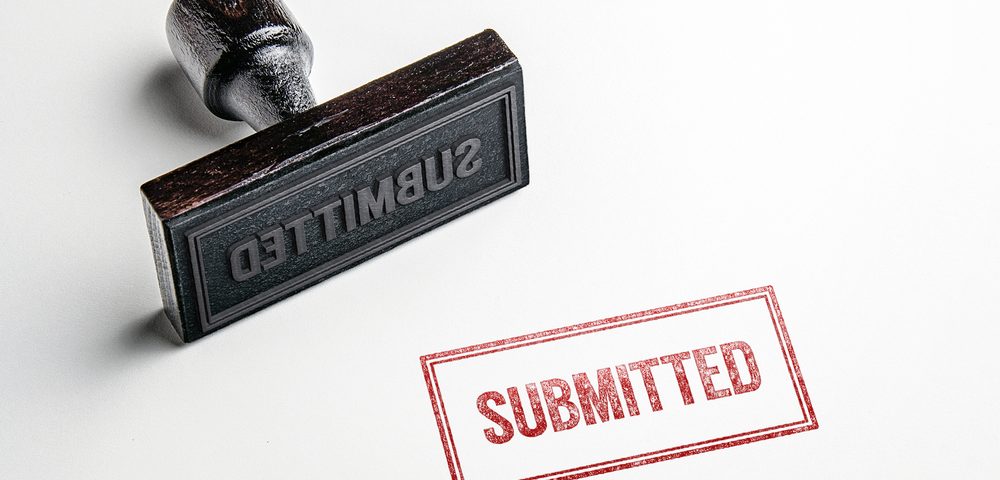Incysus has filed an investigational new drug (IND) application with the U.S. Food and Drug Administration (FDA) to start clinical development of its expanded and activated allogeneic gamma-delta (γδ) T-cell therapy for patients with blood cancers who have undergone stem-cell transplants from healthy first-degree relatives.
If approved, the IND will allow the allogeneic γδ T-cell immunotherapy to enter Phase 1 trials to evaluate its safety and activity.
“This IND submission is an important milestone for the development of cell therapies that protect the patient from relapse and infection during the critical post-transplant period when the immune system is just beginning to reconstitute,” Lawrence Lamb, professor of medicine and director of the University of Alabama at Birmingham’s (UAB) Cell Therapy Laboratory and scientific co-founder of Incysus, said in a press release.
For decades, chemotherapies have been used as the main therapy to fight cancer. But despite effectiveness in shrinking tumors, these drugs also cause severe damage to a patient’s immune cells. This limits the patient’s ability to naturally fight cancer cells and other harmful events such as infections.
More recently, scientists have focused on developing new therapies that boost immune activity against cancer cells instead of targeting cancer cells directly. But even these approaches have flaws, as they have heterogeneous responses and patients often become resistant to treatment.
Incysus believes that the desired anti-cancer response may reside in the combination of multiple modes of therapy. The company’s candidate therapy makes use of a specific and unique subset of immune cells, the γδ T-cells, which can be combined with high-dose chemotherapy.
γδ T-cells are a rare subset of T-cells that effectively detect cancer cells, promoting their destruction by activating a DNA damage response. In collaboration with the University of Alabama at Birmingham, Incysus developed a scalable and reproducible manufacturing process to produce high amounts of activated γδ T-cells collected from donors.
“We are excited as this novel approach has the potential to boost immune recovery and could represent an important advancement in anti-cancer therapies for patients,” said William Ho, chief executive officer of Incysus.


